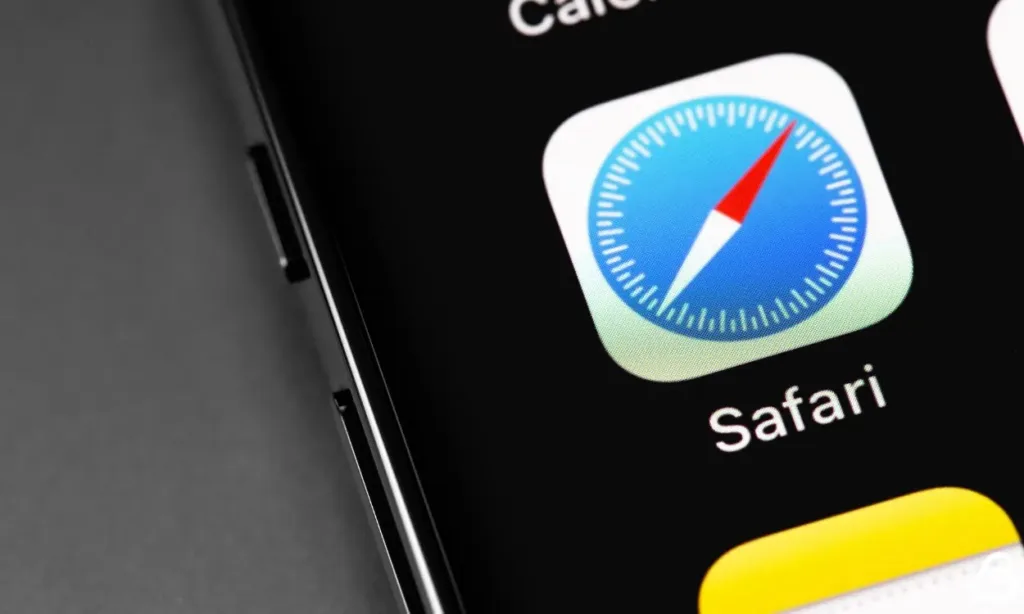
Apple has taken significant strides to adhere to the Digital Markets Act (DMA) in the European Union, introducing changes such as support for sideloading on iPhones and alternative payment methods for EU iPhone users. In a recent compliance document shared by the company, Apple outlined its forthcoming plans.
As per the document, Apple aims to allow iPhone users in the EU to uninstall the Safari browser by the culmination of 2024. Additionally, it is actively developing more user-friendly methods for transferring data from an iPhone to a non-Apple device, slated for availability by fall 2025. This move is expected to facilitate smoother transitions for users switching from an iPhone to an Android smartphone, empowering competitors like Google and Samsung to offer enhanced data transfer tools.

Currently, Google provides a “Switch to Android” application, facilitating data transfer from iPhone to Android. While proficient in transferring media and free apps, it falls short in migrating certain data like paid apps and Safari bookmarks. Apple’s forthcoming solution is poised to address these gaps and potentially offer a more comprehensive transfer experience.
By the close of 2024, iPhone users within the EU will have the option to completely remove Safari and install an alternative browser on their devices. Apple is concurrently developing a browser-switching mechanism capable of exporting and importing data between browsers on the same device. Moreover, Apple’s support for alternative web browser engines aligns with DMA requirements, further demonstrating its commitment to compliance.
Apple is also actively pursuing seamless interoperability between iPhones and other smartphone platforms. Third-party payment applications will be granted access to the iPhone’s NFC chip for contactless payments, fostering greater flexibility for users. Moreover, developers within the EU are permitted to submit requests for additional interoperability for their apps. Each request will undergo thorough examination on a case-by-case basis, evaluating its alignment with DMA guidelines and the feasibility of developing an interoperability solution.
It’s important to note that these newly announced guidelines are specifically tailored for users and developers within the European Union, where the DMA holds jurisdiction. Consequently, these benefits will not extend to other countries or regions unless governed by separate legislation or legal action.




